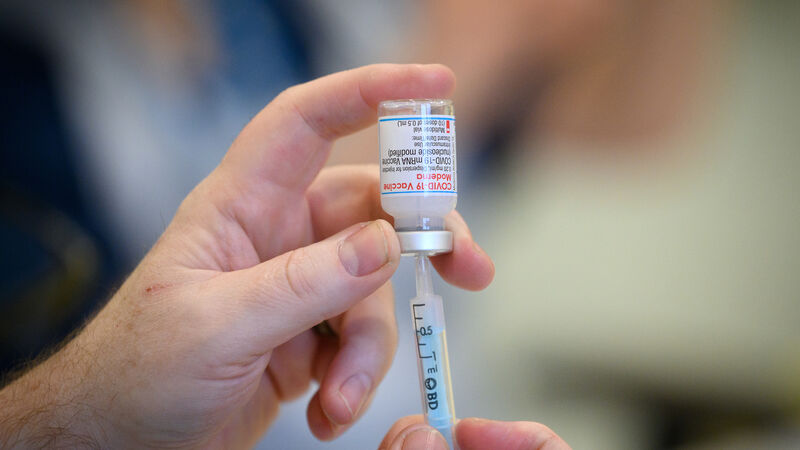Eight times more people died of Covid among communities with high vaccine hesitancy

In some instances, conspiracy theories circulated, including rumours of “microchip injections”.
Anti-establishment views fuelled by confusing public health messages contributed to a hesitancy among some people in disadvantaged areas to take Covid-19 vaccinations, according to research.
The study, the first of its type in Ireland, said that misinformation spread by social media and word-of-mouth also “fuelled fears” of side-effects and conspiracy.










